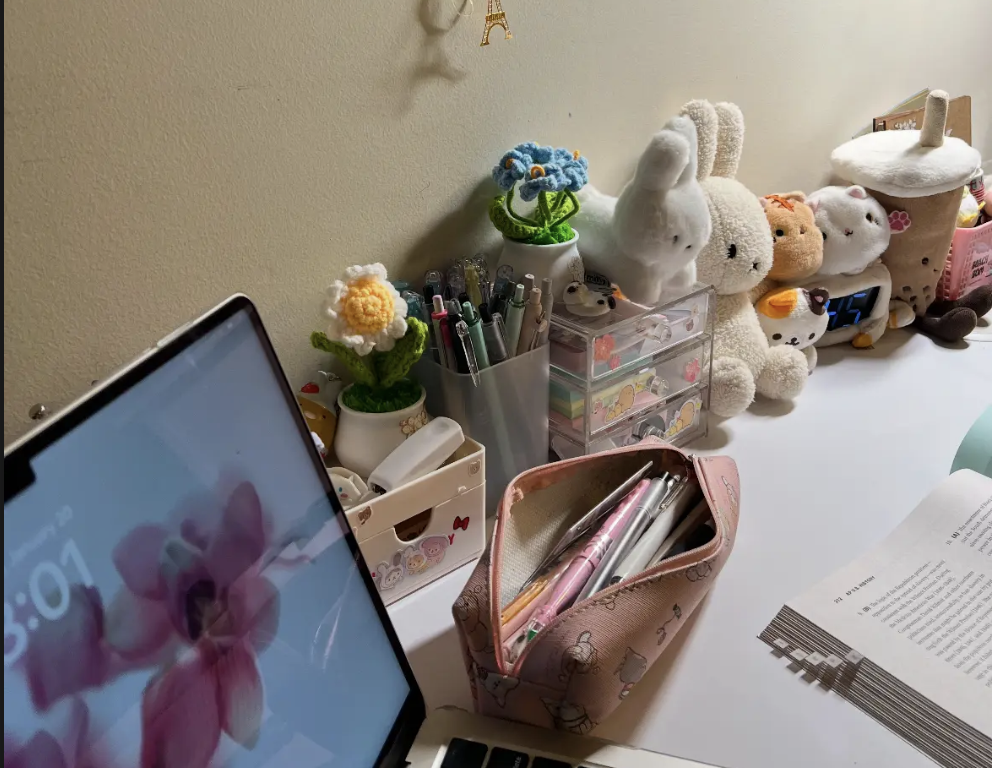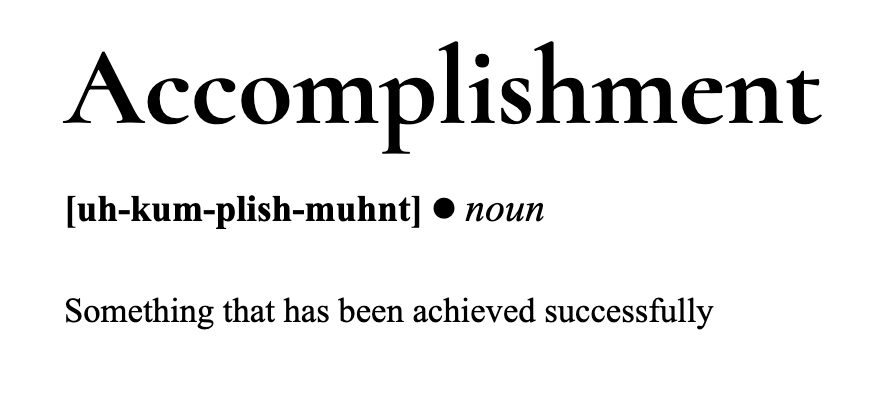At a recent get-together dinner, a 12-year-old boy, the son of one of my mother’s friends, sat with his eyes locked on his iPhone, his thumbs racing across the keypad.
Despite my father’s attempts to make conversation, all he could muster were half-hearted grunts of acknowledgement and the occasional popping of rice into his mouth with chopsticks. Then he goes back to beep-blo-beeping and pressing buttons. How appalling.
This use of phones during social interactions is one of the worst social problems today. Not only does it demonstrate disrespect to other people, but it also prevents phone-users from making the most out of day-to-day interactions. How can one expect to have productive and meaningful discussions while distracted by Facebook notifications, texts and iPhone games?
Then consider the impressions made on others when using the iPhone. Focusing on a screen rather than the conversation sends the message that the phone’s contents are far more important than the living, breathing person present.
Picture this: Someone confronts a friend with a problem, only to find that that friend is too occupied with what is essentially a plastic and glass box around wires. This hapless friend can only guess what her conversant is doing. Texting? Browsing? Or, heaven forbid, downloading yet another game app?
Humans like to see that other people are listening; it irks us when another’s behavior suggests that our words are worthless. Nothing is more disrespectful than impertinent people who cannot be bothered to pretend they are listening (what happened to eye contact?).
While for some, this may seem to be a big fuss over a small matter, it is ultimately better to turn off phones while talking to others. There is no need to be interrupted by a meaningless text while immersed in a conversation. Besides, no matter how tempting it is to reach for the phone upon each buzz, surely the text can wait. The phone will not explode and shower molten metal onto bystanders simply because a text message isn’t answered immediately.
The whole point of a conversation is to actually interact with the other person. When electronics come into the picture, the conversation dwindles into a mess of repeated “Sorry, what did you say?” and a lack of understanding. The conversation might as well not have taken place.
All it takes is a simple “Bye, I have to go now” message to appease impatient texters and feel free to engage in a face-to -face, meaningful conversation.
Until then, I will find someone else to converse with instead of talking to someone only half-present, even if he’s the son of my mother’s friend; I do not want to wait for someone to finish his mental trip through texts, apps and emails, before looking up and giving a non-committal reply. I prefer to talk to those who actually listen to what I say instead of those who have their faces buried in a smartphone. So please, do turn those phones off, unless you want me to turn around and walk away.

























